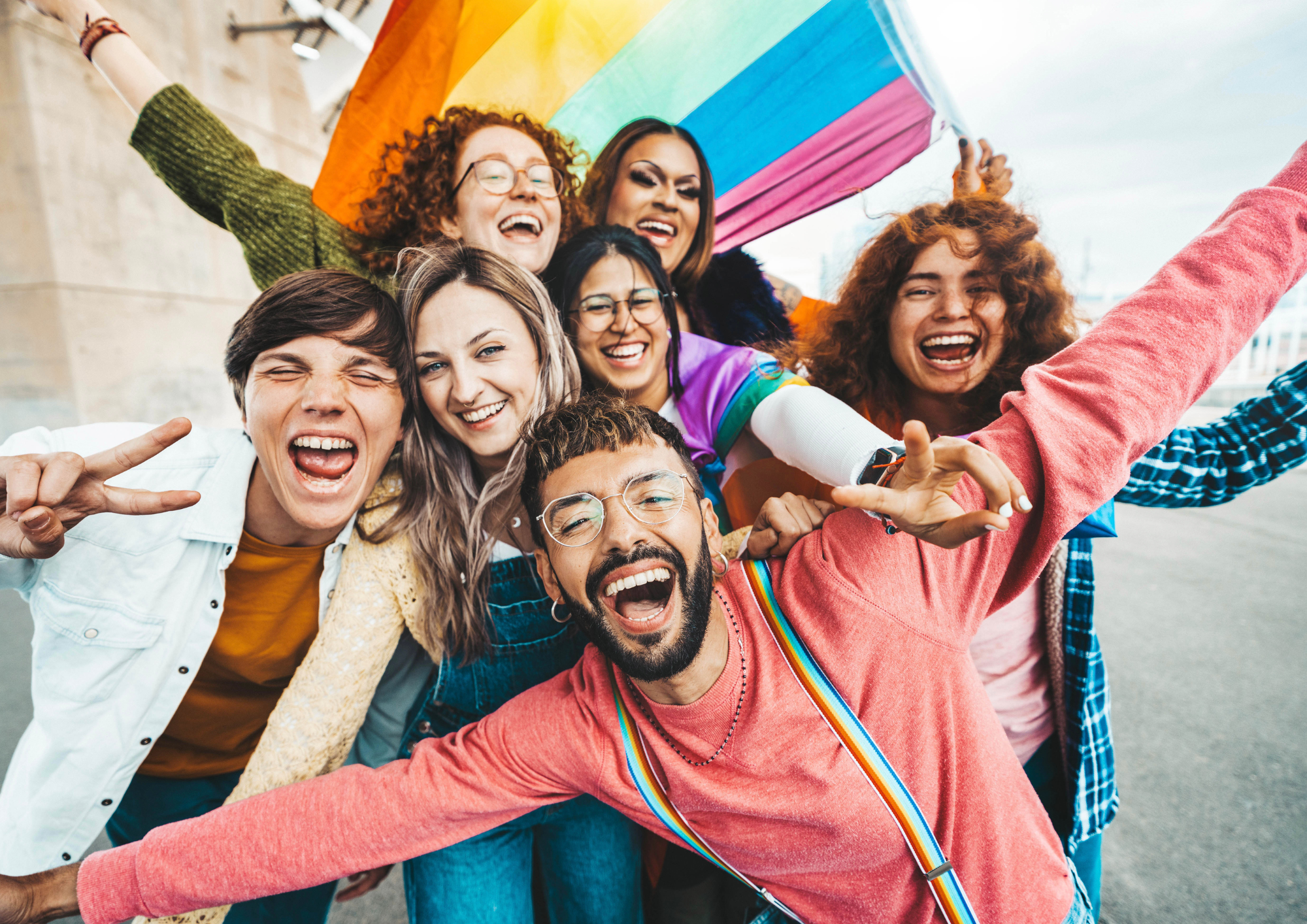France is considered one of the most progressive countries in Europe when it comes to LGBTQ+ rights. Over the years, the country has made significant strides in fostering a more inclusive society, providing legal recognition, and promoting equal rights for the LGBTQ+ community. Whether you're planning to visit, study, or live in France, here's an overview of what life is like for lesbians, gays, and the broader LGBTQ+ community.
Legal Rights and Recognition
France has been a pioneer in LGBTQ+ rights in Europe. Some of the key milestones include:
- Marriage Equality: In 2013, France legalized same-sex marriage, becoming the 14th country in the world to do so. This means that same-sex couples have the same rights as heterosexual couples when it comes to marriage, adoption, and inheritance.
- Adoption Rights: Same-sex couples in France have the legal right to adopt children, and this law has been in place since the same-sex marriage law was passed in 2013.
- Protection Against Discrimination: French law prohibits discrimination based on sexual orientation and gender identity in the workplace, housing, and public spaces. There are also legal frameworks for dealing with hate crimes and harassment related to LGBTQ+ individuals.
- Transgender Rights: In 2016, France made it easier for transgender people to legally change their gender identity. The process no longer requires surgery or sterilization, though some medical processes are still involved.
LGBTQ+ Friendly Cities
While France is generally welcoming to LGBTQ+ individuals, some cities stand out more than others for their vibrant LGBTQ+ communities and resources.
- Paris: The capital is home to a large and diverse LGBTQ+ community. The Marais district is famous for its LGBTQ+ bars, clubs, and cafes. Paris hosts the annual Pride Parade (La Marche des Fiertés) in June, which attracts hundreds of thousands of people.
- Lyon: Lyon also has a lively LGBTQ+ scene, with many bars, clubs, and events that cater to the community. The city also has an LGBTQ+ film festival and other cultural events.
- Nice and Marseille: These cities on the French Riviera are known for their open-mindedness and tolerance, offering a warm environment for LGBTQ+ individuals. Both cities host Pride events and are home to LGBTQ+ friendly venues.
LGBTQ+ Social Acceptance
While France has made significant progress in terms of legal rights, social acceptance can still vary by region. Larger cities, particularly Paris, are known for being progressive and open-minded. In smaller towns or rural areas, LGBTQ+ individuals may face more challenges, though overall, the situation is improving. In public spaces such as cafes, bars, and restaurants, LGBTQ+ couples often feel comfortable holding hands or expressing affection, especially in urban centers.
Pride Events
France is home to numerous LGBTQ+ pride events throughout the year, including:
- Paris Pride (La Marche des Fiertés): One of the largest pride parades in Europe, usually held in June, attracting people from all over the world. It is a colorful celebration of LGBTQ+ rights, with music, dancing, and thousands of participants.
- Toulouse, Lille, Nantes Pride: Many cities in France also host Pride events, offering a chance to celebrate and raise awareness about LGBTQ+ issues.
LGBTQ+ Resources and Support
There are numerous LGBTQ+ organizations and resources in France that provide support, information, and advocacy for the community:
- SOS Homophobie: An organization that helps to combat homophobia and provides support for LGBTQ+ people who experience discrimination or violence.
- Le Refuge: A national organization that provides housing and support for young LGBTQ+ individuals who are facing family rejection or homelessness.
- Association des Familles Homoparentales (AFH): An association that advocates for the rights of LGBTQ+ parents and families.
Challenges and Issues
Despite the progress, challenges still exist for LGBTQ+ individuals, especially in terms of mental health, societal pressure, and discrimination. Rural areas can still be less accepting, and some LGBTQ+ individuals may face challenges when it comes to employment or healthcare.
Conclusion
Living as a lesbian, gay, or queer person in France is generally very positive, particularly in larger cities where there is greater social acceptance and legal recognition. While there are still challenges to overcome, the legal protections and vibrant LGBTQ+ culture in places like Paris make France a relatively safe and welcoming country for LGBTQ+ individuals. With continued progress, France remains one of the best countries in Europe for LGBTQ+ rights and acceptance.
